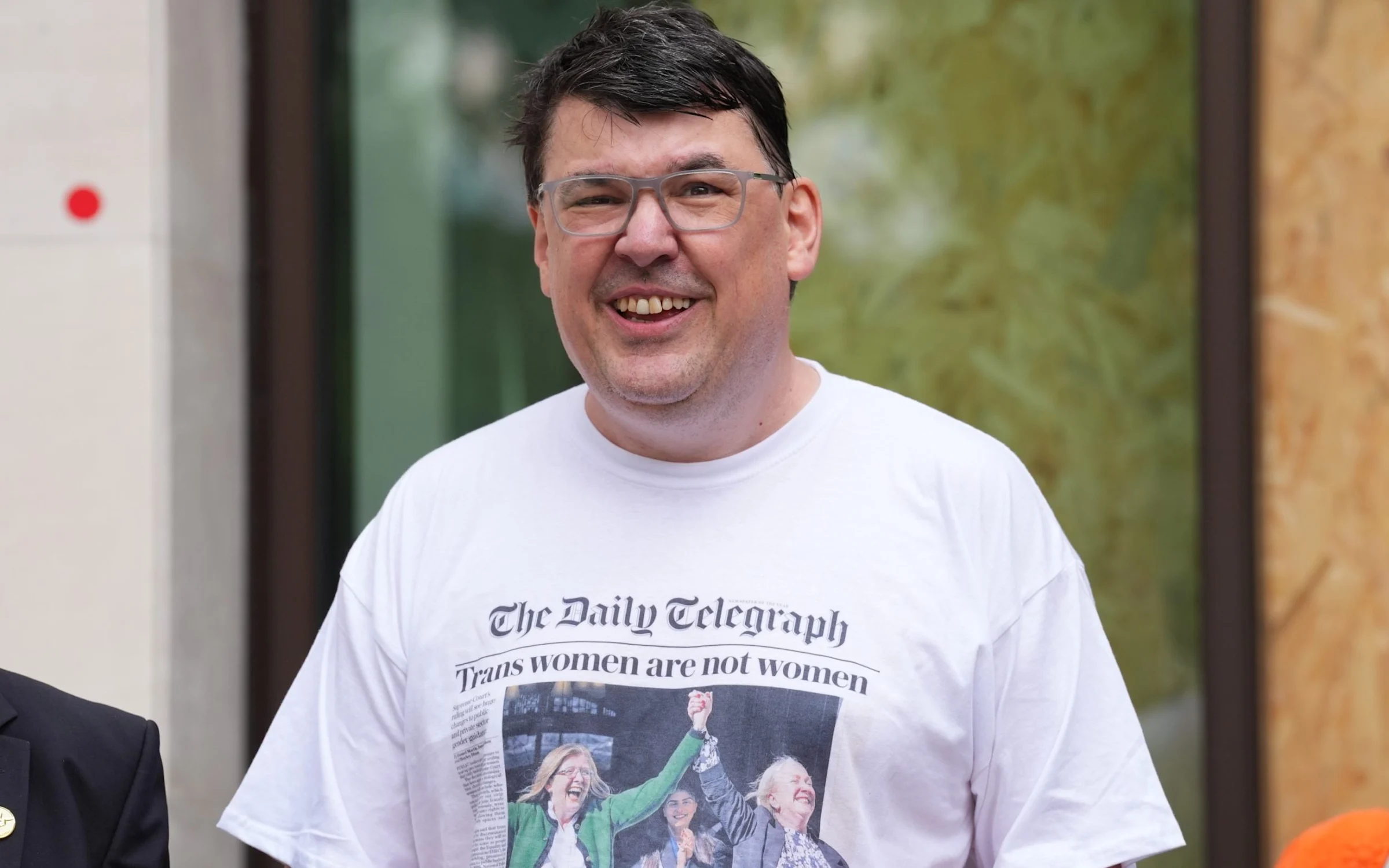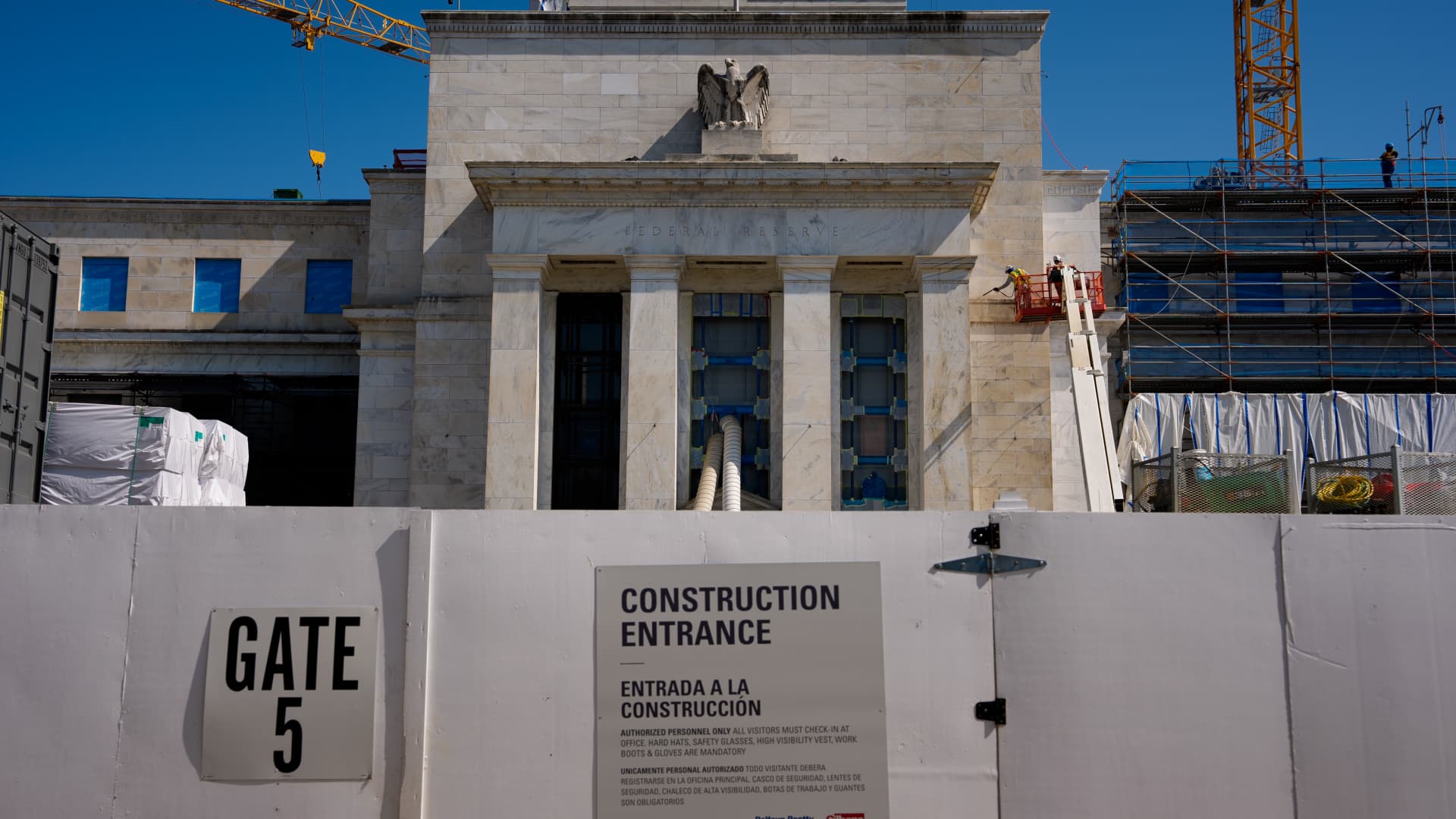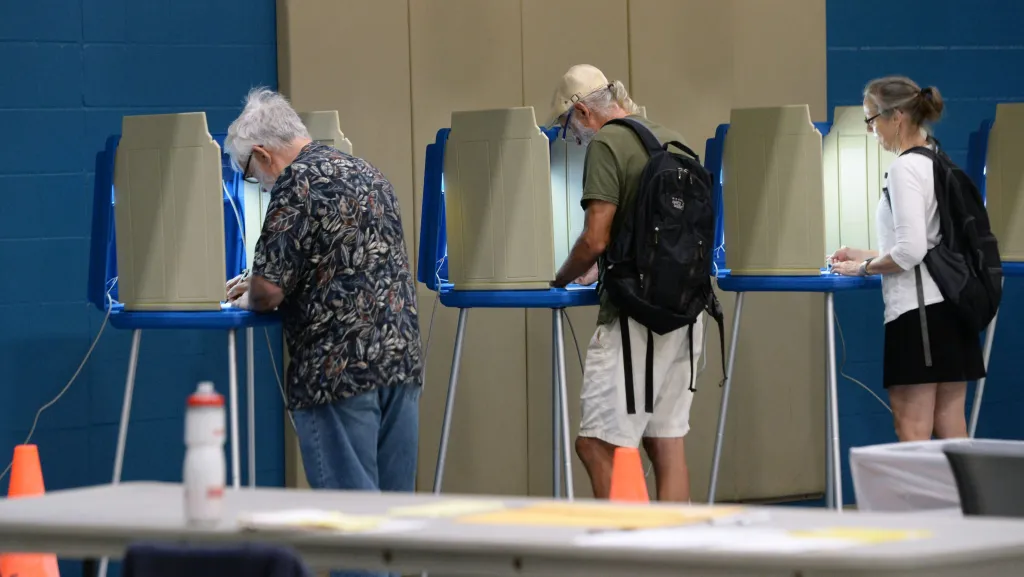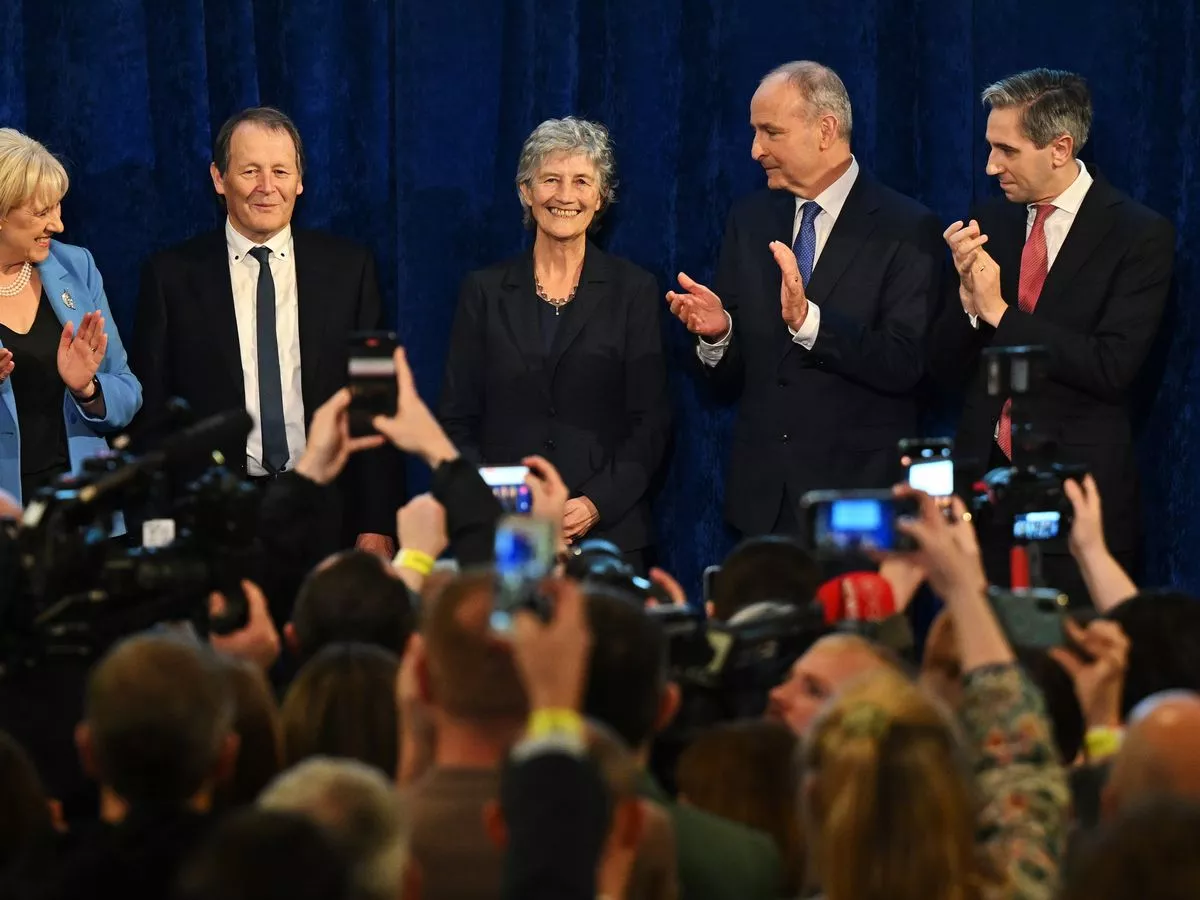Copyright The Atlantic

A few days ago, my imagination converged in a disturbing way with Donald Trump’s. After the president posted an AI-generated video of himself piloting a fighter plane and releasing a flood of excrement onto thousands of demonstrators below, I heard from several people who had read my new novel, The Emergency, which will be published next month. They pointed out the resemblance of the video to a scene, near the novel’s end, in which human feces become a primitive weapon of civil war. Somewhere down in the dark, well below conscious thought, I had managed to intuit just how far the demonic urge in American politics to violate every taboo might go. Or perhaps the White House had gotten hold of an Advance Reader’s Copy. The uncanny meld between my mind and Trump’s was a little sickening. It was as if this master conjurer had pulled a trick on me, saying: I’ll always beat you. I can always go lower. Back in the early ’60s—a time we now think of as relatively sane—Philip Roth observed: “You can’t write good satirical fiction in America because reality will quickly outdo anything you might invent.” But I wasn’t trying to compete with reality. I didn’t write a novel to mirror or predict the course of American politics—if anything, the opposite. I wanted to get away from reality. For a quarter century, I’ve been a journalist, and to be honest, I had begun to lose faith in my trade. The year 2021 marked a turning point in the history of facts: from poor health to near death. The insurrection of January 6 happened before our eyes and produced about three news cycles of almost universal horror before that consensus began to succumb to the assault of partisan revisions and elisions, lies, alternative facts, and conspiracy theories that dominate our media and pollute our minds. Sophisticates argue that there’s never been any agreement about reality, that news in the age of Walter Cronkite was simply the dominant “narrative” put forth by the three major television networks and establishment papers. It’s true that important facts have always been contested—but in August 1974, when the “smoking gun” tape revealed Richard Nixon’s central role in the Watergate cover-up, Republican politicians and conservative editorialists didn’t claim that the tape was a fake or the product of an opposition conspiracy. Instead, they told Nixon to resign. That elusive thing called reality brought down a president. Today, with millions of social-media accounts and thousands of podcasts and channels to choose from, more than a third of Americans believe that the 2020 election was stolen from Trump, and a quarter believe that the pro-Trump marauders of January 6 were victims of an FBI trap. Many more Americans don’t seem to care much about the truth of what happened that day, and the president who inspired the mob to invade the Capitol is back in power. The Trump era poses numerous threats to the free press: constant abuse, denial of access, intimidation by regulatory or legal means, criminal investigation. But the greatest threat, aided by this forever war on reality, is irrelevance. “Legacy media” has become an insult, but its fall from authority is an epistemic catastrophe. Most of the public has no idea how much effort and money newsgathering requires, how many rounds of reporting, editing, and fact-checking a story goes through before it reaches the public and drowns in the new media “ecosystem.” Serious journalism in America today is a little like the independent English-language papers in certain authoritarian countries that are allowed to go on publishing because they’re read by only a handful of elites and have no effect on the broader society. It’s not just that changing readers’ minds on important questions by presenting them with arguments and evidence has come to seem quixotic. Journalism can’t even establish what’s true, let alone what people should think about what’s true. Why do journalists keep at it? In most cases, not because they imagine that their reporting will strike a blow for justice or hold the powerful to account (the powerful are pretty much unbound), but because they still believe that facts matter; because it’s important to set down what’s going on in the world, for posterity if not the present; because they love the craft; because it’s what they do. But any honest journalist knows that this persistence has more in common with Camus than Cronkite. It’s a Sisyphean act of faith. So in late 2021 or early 2022, around the time truth disappeared, I started to think about writing a novel. Among the alternatives to journalism, fiction was not an obvious choice. I’d published two novels in the 1990s and, as the philosopher David Hume said of one of his books, they “fell dead-born from the press.” Trying again a quarter-century older seemed like bad odds. For one thing, did anyone still read fiction? I mean literary fiction, the kind that aspires to complex characters, subtle themes, and careful attention to prose style. Those novels are gone from the best-seller lists—it’s all sexy dragons now. The novel ceased long ago to occupy the cultural center, giving way first to movies, then TV series, video games, social-media posts, and AI content. The novelist as voice of a generation no longer exists. Literary fiction has become more like classical music—the eccentric taste of a diminishing set of the devoted. A book group that reads classic novels (I’ve been in one since the start of the Trump era) has the air of a circle of medieval monks solemnly bent over illuminated manuscripts, studying and preserving them through dark times until some future century rediscovers the literature of the past. American fiction fell victim to the clamor of events. Starting around the 9/11 attacks, we began to live in a world of shocks, each one of them big enough to pull you out of the immersive state that writing or reading a novel requires. One benefit of this turn to the outer world of facts was a brief golden age of nonfiction books and articles—writing that aspired to the literary quality of the best fiction while informing readers about politics and war and poverty. People who once regularly read novels and stories began to abandon them for book-length journalism, memoirs, biographies, magazines, newspapers, and websites. Imagination began to seem a pallid substitute for reality. The meaning of a story shrank if it didn’t really happen. This intense interest in the news of the world waned with the construction of the Tower of Babel that is the smartphone. People acquired the ability to absorb each shock of reality, each new mental stimulus, every second, anywhere. When, in 2018, Jonathan Franzen remarked, “It’s doubtful that anyone with an internet connection at his workplace is writing good fiction,” he was criticized for being a highbrow snob, but he was onto something—and it’s true of reading fiction as well. You can flit back and forth between a nonfiction book and social media (though you’ll lose a lot), but the willing suspension of disbelief does not survive frequent interruption. Works of the imagination need unbroken attention. Mine has gotten worse; don’t tell me yours hasn’t. By now we’ve moved beyond a post-literature culture into what some are calling a post-literate age, taking us back several thousand years to communication by images and symbols. Over the past two decades, the number of Americans who read for pleasure on a daily basis has dropped from 28 percent to 16 percent, and the trend among children and teenagers is even worse. In 2023 almost half of Americans didn’t finish a single book. Surveys show that a big loser is fiction. Perhaps this plague of illiteracy has played a role in the disappearance of truth and, with it, liberal democracy. So why write a novel now? In my case, because it’s the literary form I know best and love most. I wanted to be a novelist from around the age of 14. Back in high-school English class in the late ’70s, nonfiction was never assigned—it wasn’t considered literature. I never heard of Hiroshima or The Fire Next Time; as far as I knew, the only way to be a prose writer was to be a novelist. This misguided notion kept me pounding away at failure until well into my 30s, when I finally accepted that fiction was not my strong suit. I gave it up for journalism, and soon discovered that nonfiction could offer many of fiction’s narrative pleasures—scenes, characters, intricate structures, suspense, revelation. Dickens proved at least as useful to my job as the Human Rights Watch annual report. While writing a magazine article, and especially while writing a book, in my free time I tried to read only novels. I wanted to rid my head of the deadening language of politics and foreign policy in which I was immersed, and replace it with the sound of fiction. For a couple of my nonfiction books I even tried to base the voice and structure on a specific novel. But faith in a project always came from the solid material of interviews, research, experience—facts. Until it no longer did. I didn’t turn to fiction for a complete escape from reality. I never cared for sci-fi, fantasy, or magical realism. Nor am I capable of producing a novel with finely wrought observations of daily life. Writing doesn’t pour out of me in an overflow of imagination, which is why those earlier efforts at fiction were not triumphs. Aside from sheer narcissism (always there, shoving me along), the main impulse that makes me sit down to write is political. A quarter century of journalism taught me that the sentences come out better when I feel strongly about the human rights and wrongs. The American situation is overwhelming, and I couldn’t force myself to push it out of my mind long enough to write a novel about something else entirely. But a roman à clef with stand-ins for Gavin Newsom and Steve Bannon was even less attractive than updating The Lord of the Rings for the digital age. I was dead tired of Trump’s name; I felt no burning desire to fictionalize gerrymandering or pageviews; the words polarization and meme made my brain go numb. I wanted to get as far as possible from these exhausted particulars in order to explore their deeper reality. I wanted to evoke the feeling of being alive right now: the fragility of truth, the ideological pressures, the hatred among groups, the fractures within families, the radical idea that humanity itself might be ending. And I wanted to see every side of this drama. The Emergency is a political novel: A long-established society undergoes a collapse and upheaval in which extreme ideas take hold, dividing generations and classes and leading to violence. But I wrote it as a fable, set in an unnamed place and time, the more remote and weird, the better. You won’t encounter his name anywhere—it’s inconceivable. Now that the novel is finished, there’s no barrier left between me and the facts. This excursion into fiction has begun to restore my appetite for them. Building a world that doesn’t exist and exploring it for a couple of years made the one in which I actually live more alive and urgent than the familiar facts had made it seem. And Trump is still there. His lower mind just erupted in imagery that seems to have sprung from my own darkest intimation. Fiction does that, if we let it, if we keep it. You wake up from a long and vivid dream to find that the world is clearer, closer.



